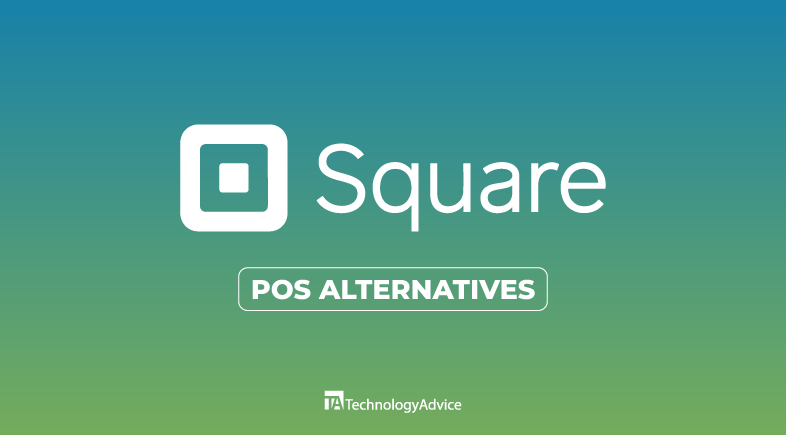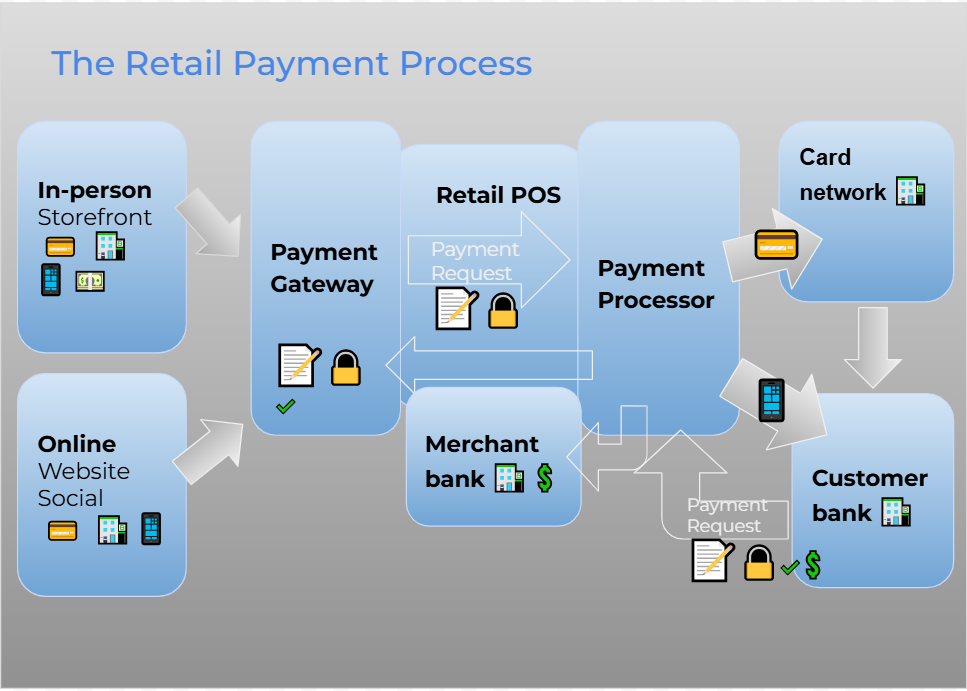Key takeaways
- Think of the contract as a roadmap for your relationship with the software provider, with detailed directions for how it will be installed and operated throughout its entire journey at your company.
- Too many CRM shoppers think of contracts as boilerplate legal agreements, and instead of carefully combing through them and safeguarding their organization’s interests, they sign on the dotted line after a cursory glance.
For customer-centric organizations, customer relationship management (CRM) software is a high-stakes investment. They rely on their CRM to store and analyze data and to make the most out of new and longstanding relationships. It’s also one of the most widespread business technologies—the global CRM market will reach an estimated $149.7 billion by 2029.
Yet, satisfaction and success rates lag behind. In 2022, CRM initiatives had an average failure rate of 63 percent.
“Yes, the contract is negotiable.”
The disparity between growing expenditures and low success rates emphasizes the importance of purchasing software cautiously. Businesses make the mistake of believing that a best-of-breed product will solve all of their problems, so they buy based on features and brand reputation. In their haste to tend customer relationships, they forget to appropriately analyze the costly, long-term relationship they’re about to form with a vendor
One of the most powerful tools in negotiating this business-to-vendor relationship is the CRM contract. And yes, believe it or not, it is negotiable. This article will provide you with some tips for negotiating a contract you’re happy with by paying attention to five key areas.
1. Pricing and fees
With almost any CRM vendor, you’ll find that pricing and fees are much more complex than initial licensing fees (for on-premise software) or monthly subscription rates (for cloud-based software). Comb through the contract and identify any less obvious fees or pricing details. For instance, some software is priced per “named” user and some is priced per “concurrent” user, which makes a significant difference. Concurrent pricing is based on number of employees, whereas named pricing is based on specific user identities.
There are many other aspects of pricing to look for in the contract, such as set up or installation fees, early termination fees, data import or retrieval fees, and sometimes even fees for updates, although this is more common of on-premise software. Cloud vendors usually just include updates as part of their subscription fee.
ALSO READ: How to Use a CRM for Business
2. Contract lifecycle
As with any IT product, CRMs have a lifecycle they will follow in your organization, beginning with installation and ending with contract completion. The contract, if written properly, will tell you what this lifecycle will look like at each step. If a salesperson has promised you an installation timeframe, make sure it’s in the contract. Who is responsible for data migration? If the vendor has agreed to assist, the contract should identify their role.
“Vendors include language designed to trap businesses into renewing”Some vendors include language designed to trap businesses in a continuous renewal cycle, such as clauses detailing that the contract will automatically renew unless otherwise cancelled within a certain time frame (60-90 days in advance). It’s usually better to agree on a contract that lets you manually renew, as this preserves your ability to make a conscious decision when the time comes.
Check the contract for guidelines on adding or removing users in the future. Be aware of attempts to require “block” upgrades (i.e. we add users in blocks of 200) or restrict user removal. It’s not uncommon for vendors to strategically coerce you up the hierarchy of product tiers, even though you’re trying to implement the most cost-effective solution.
3. Data ownership
As software-as-a-service (SaaS) models saturate the CRM market (Gartner reports 41 percent of CRM purchases were cloud-based last year), data control is becoming more of a focal issue. If your organizations core product relies on proprietary data (and many companies now do), you should make sure a CRM contract contains provisions limiting all data rights and ownership to you. Example:
You retain all right, title and interest in and to all Your Data. [Provider] shall not access Your Data except to respond to service or technical problems, or at Your request.
Make sure you have immediate, unrestricted access to your company’s data at any time. This is especially important in the case of a dispute or early contract termination. Some vendors will block access to their software if your payments are overdue. They have the right to do this, but make sure your customer records, invoices, etc. can’t be held hostage.
4. Security and recovery
The contract should specify which party is responsible for security, backup, and recovery of lost data in the event of a disaster. For SaaS CRMs, these responsibilities are commonly assigned to the software provider, since they host the software and storage on their own servers. An especially proactive addition to the contract might even require the provider to indemnify (reimburse) the business for any damages incurred as a result of vendor negligence or inherent flaws in the software. This is a good protection to have in the event of a data leak or a legal suit from a third-party. On-premise contracts, on the other hand, may require the business to furnish its own security and back-up.
If your business handles sensitive customer information and operates under regulatory constraints (such as HIPAA or Sarbox), make sure the software provider’s data policies are fully compliant, and that the contract guarantees this compliance.
ALSO READ: Top CRMs for Business in 2023
5. Support and updates
Mere days after you sign your contract, a newer, more advanced product will probably appear on the market. Every IT professional knows this. But that doesn’t mean you should play hot potato with your CRM; it means you should choose a product that receives regular updates and dependable support.
“Many vendors will be willing to make concessions”And yes, make sure the terms of these updates and support are spelled out in the contract. Does the vendor provide free updates for their cloud CRM? Or do they charge an update fee and force you into paying it? If you’re buying an upfront license, how many years after initial purchase are you guaranteed to receive support? If you think any of these terms are laid out unfairly, try negotiating them. Many vendors will be willing to make concessions in this area.
Final considerations before signing
- Ask for a copy of the vendor’s service level agreement (SLA). Many do not openly disclose this, but it’s important to have access to, as it helps you set your expectations for performance and support. In addition to a well-amended contract, the SLA is a valuable tool for holding vendors accountable.
- Test the functionality out by conducting a demo or free trial. Almost every CRM offers this to potential buyers, but a surprising percentage fail to take advantage of it. Always demo the product, or at least request a throughout walkthrough with a live program.
Too many CRM shoppers think of contracts as boilerplate legal agreements, and instead of carefully combing through them and safeguarding their organization’s interests, they sign on the dotted line after a cursory glance.
Instead, think of the contract as a roadmap for your relationship with the software provider, with detailed directions for how it will be installed and operated throughout its entire journey at your company.
Looking for the latest in CRM solutions? Check out our CRM Software Buyer’s Guide.





